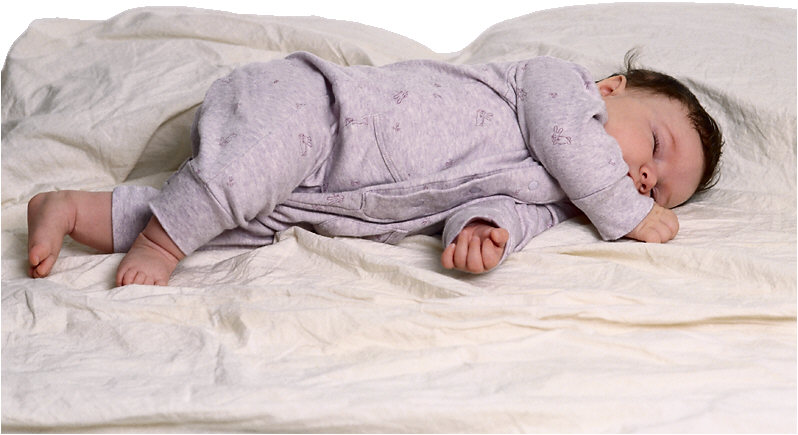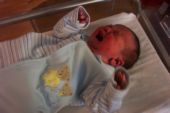They may be found sleeping on the floor, another bed or on a chair, or if they cannot escape from a crib, they may be found crouched or curled up in one of the corners. Children, able to talk, may tell of a presence in their bed, or show signs of fear that someone or something is in their room.
Children , are more susceptible to the Geopathic zones than are adults, since their cells are more rapidly dividing as they grow. Most children sleep far longer than adults. If their beds are placed in a Geopathic zone, their health and mental development will be affected.
Children, especially babies are very sensitive to negative energy. Exposure to Geopathic stress lowers the responsiveness to the immune system. By sleeping over those spots, babies and children have poor quality sleep, and lowered immune systems, allowing for other long-term illnesses to occur.
A baby space consultation is a good idea if you as parents or grandparents are experiencing a baby or child with the following difficulties:
- Poor quality sleep
- Nervousness
- Anxiousness
- Grinding teeth
- Loss of appetite
- Fear of being alone
- Desire to get away from bed
- Refusal to go to bed
- Nightmares
- Frequent crying upon waking in the morning
- Automatic shift of attention
- Poor concentration
- Forgetfulness
- Feeling of anger
- Lack of resistance to diseases
- Poor immune system (constantly getting colds etc)
Also, Geopathic zone influence on the children’s body can lead to physical and mental disorders such as bed wetting, learning disabilities, and attention deficit disorder.

CHILDREN
One of the biggest concerns of new mothers and fathers is a good sleep environment for their child - if their child is sleeping well, then the parents are sleeping well!
A child’s organism is most sensitive to Geopathic zones. Many psychologists believe that the first one to three years of life are critical to a child’s mental development, largely because of the rapid growth of the brain during this time.
Small babies have instincts to feel if a place is healthy or not. If they are unable to move away, they may react to a zone of disturbance by showing signs of development, prolonged crying, convulsive crying or screaming. Young children, able to move, will instinctively flee from zones of disturbance.
